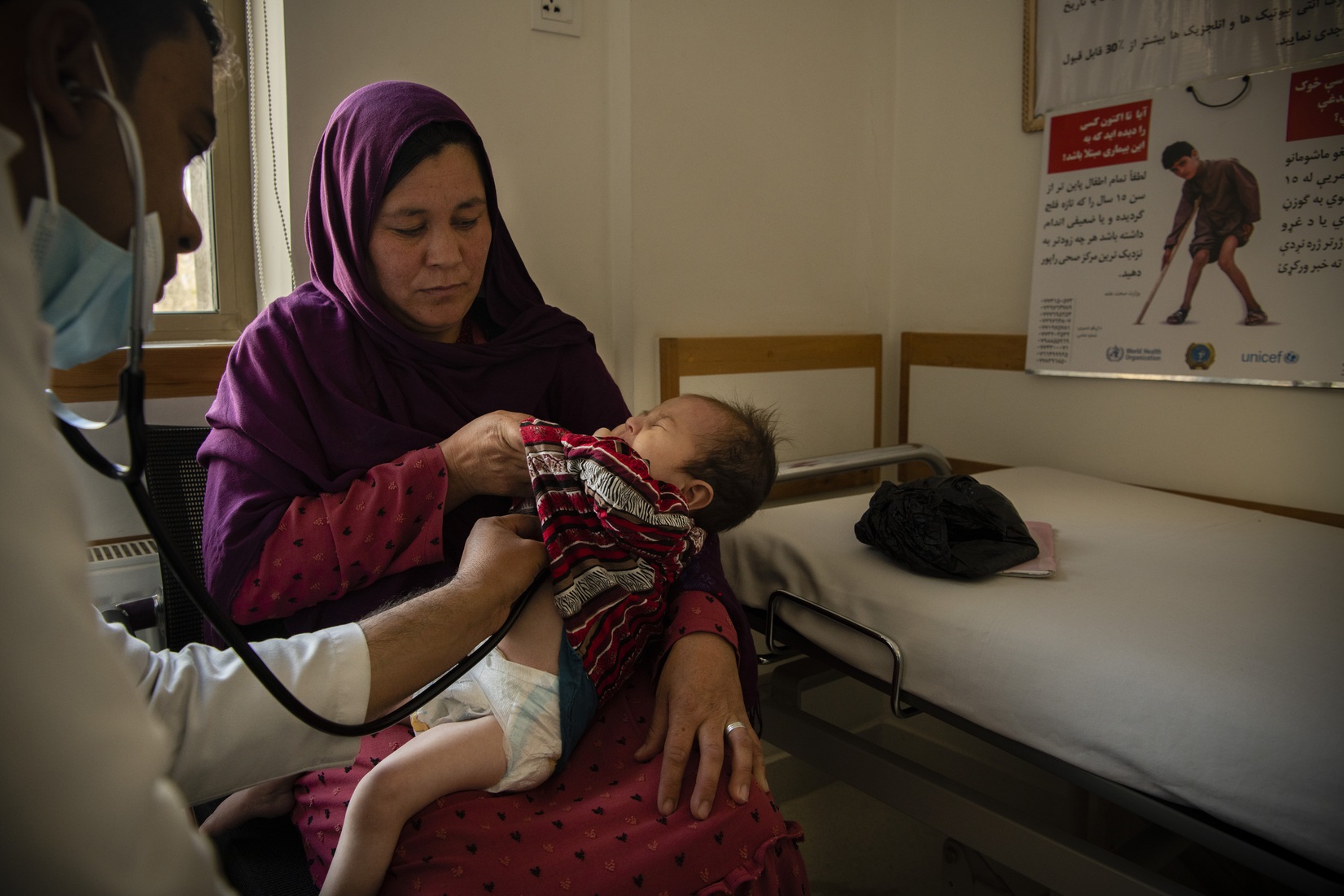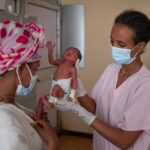United Nations agencies are calling for urgent action to protect the most vulnerable children in the 15 countries hardest hit by an unprecedented food and nutrition crisis.
Conflict, climate shocks, the ongoing impacts of COVID-19, and rising costs of living are leaving increasing numbers of children acutely malnourished while key health, nutrition and other life-saving services are becoming less accessible. Currently, more than 30 million children in the 15 worst-affected countries suffer from wasting – or acute malnutrition – and 8 million of these children are severely wasted, the deadliest form of undernutrition. This is a major threat to children’s lives and to their long-term health and development, the impacts of which are felt by individuals, their communities and their countries.
In response, five UN agencies – the Food and Agriculture Organization (FAO), the UN Refugee Agency (UNHCR), the United Nations Children’s Fund (UNICEF), the World Food Programme (WFP) and the World Health Organization (WHO) – are calling for accelerated progress on the Global Action Plan on Child Wasting. It aims to prevent, detect and treat acute malnutrition among children in the worst-affected countries, which are Afghanistan, Burkina Faso, Chad, Democratic Republic of the Congo, Ethiopia, Haiti, Kenya, Madagascar, Mali, the Niger, Nigeria, Somalia, South Sudan, Sudan and Yemen.



